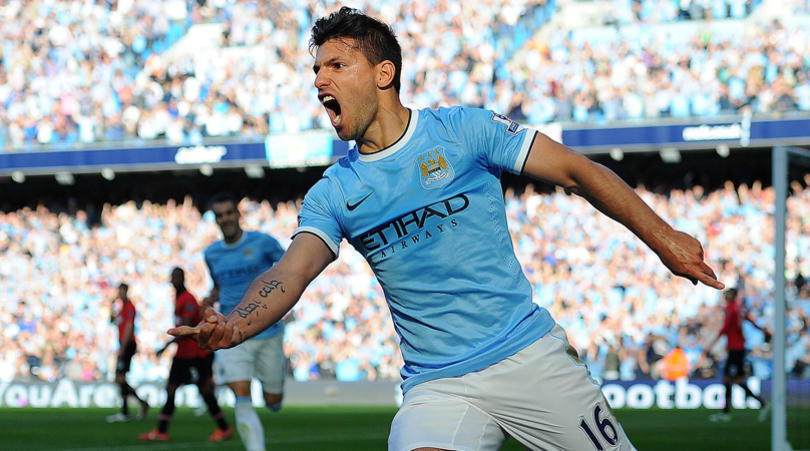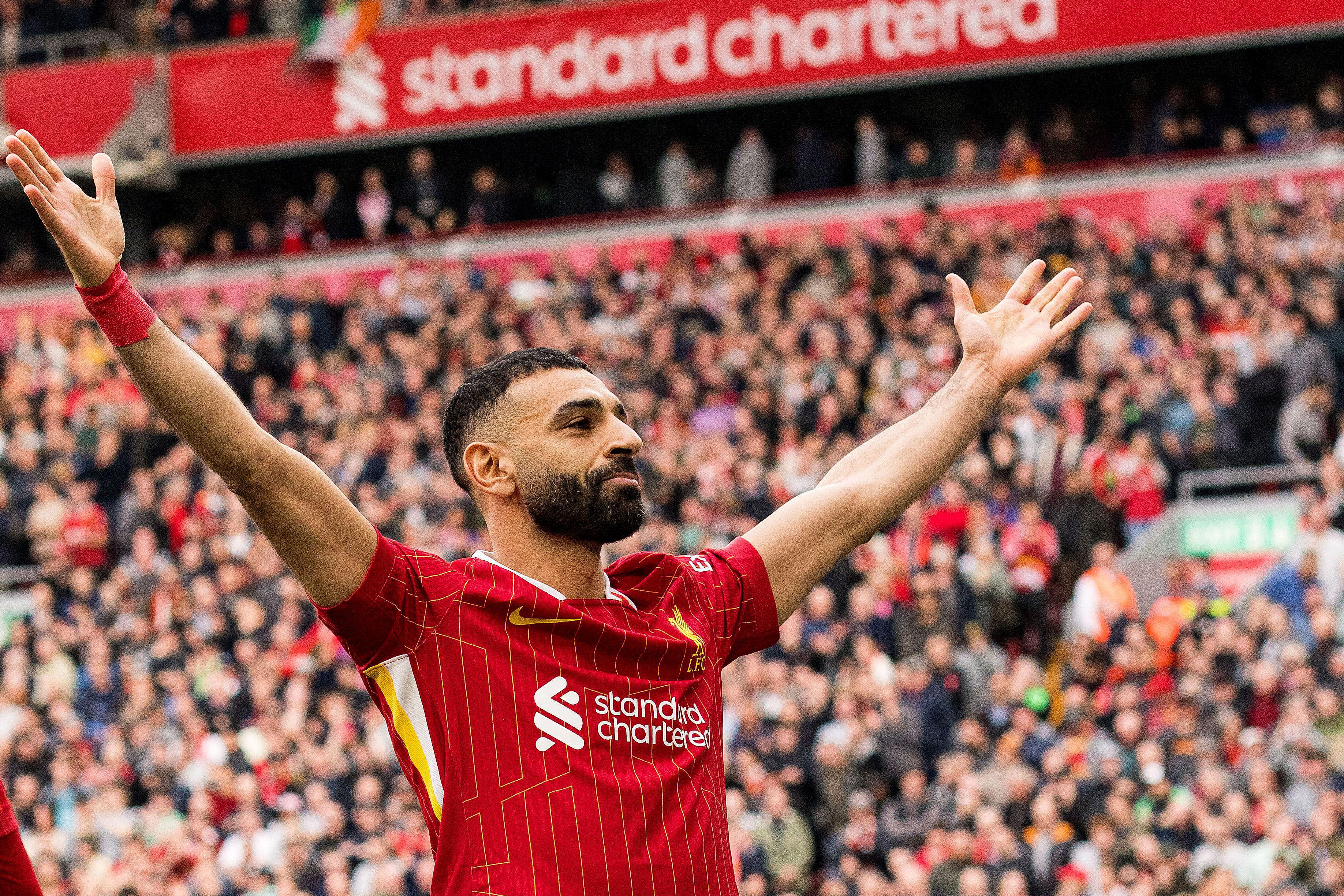9 football players who went on the run when their transfer requests were turned down
At least Leicester's Riyad Mahrez never went to these lengths – Jon Spurling on the players who did a runner, featuring errant texts and rotters in the reserves
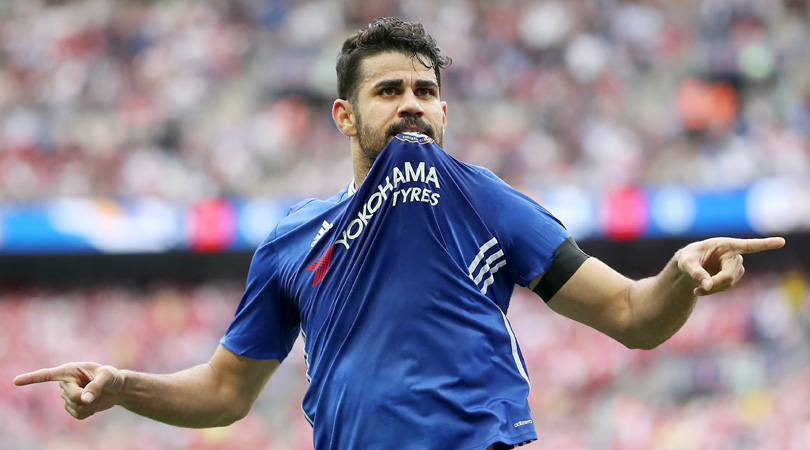
1. George Eastham (Newcastle)
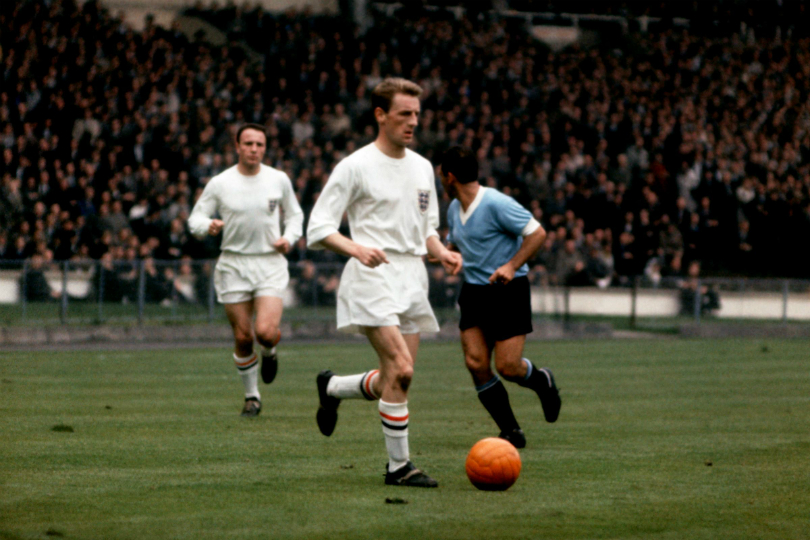
By 1959, Newcastle’s promising Under-23 England international had had enough of life at St. James’ Park and dared to ask the club for a transfer. In the era of the ‘slavery contract’ and the minimum wage, this was a daring request by Eastham. Over the next two years, with Arsenal keen to whisk Eastham to north London, the forward was kept under virtual house arrest by his club, refusing to budge on his request, and living in self-imposed exile in the capital.
To fill the time and earn a living (because Newcastle refused to pay his wages), Eastham became a cork salesman down south. Eventually, Newcastle accepted Arsenal’s whopping £47,000 offer in late 1961, ending Eastham’s spell in limbo.
2. Paulo Cezar Lima (Flamengo)
The sublimely gifted ‘Caju’ announced in typically grandiose fashion that the 1974 World Cup would be his tournament. Yet the Ipanema icon spent much of the time making fraught phone calls to his Brazilian club, Flamengo, persuading them to allow him to join Olympique Marseilles.
After they consistently refused to release him, Caju disappeared for a month (“I travelled around Europe and stayed in some great hotels”), before Flamengo caved in and let him join the Ligue 1 club. His time in France was hardly unsuccessful (16 goals in 31 games) but he missed the Rio beaches and joined Fluminense by season’s end.
3. Pierre van Hooijdonk (Nottingham Forest)
Get FourFourTwo Newsletter
The best features, fun and footballing quizzes, straight to your inbox every week.
Furious that strike partner Kevin Campbell and defender Colin Cooper had been sold by newly promoted Nottingham Forest in the close season, the outspoken Dutch striker returned from the 1998 World Cup and promptly informed manager Dave Bassett that not only was he handing in a transfer request, but that he would returning to Holland until the matter was he was allowed to leave the City Ground.
Following a two-month stand-off, during which Forest plummeted to the bottom of the Premiership, Van Hooijdonk returned to first-team action. But despite scoring six goals in 19 starts, Forest fell through the trap door, and Pierre’s unforgiving team-mates refused to have much to do with him. Famously, he was snubbed after putting Forest ahead against Derby, with players running to provider Scott Gemmill instead.
A year after going to ground, Van Hooijdonk moved back to Holland to join Vitesse Arnhem and quickly rediscovered his free-scoring form.
4. Nicolas Anelka (Arsenal)
'The Incredible Sulk' had become an increasingly morose presence around Highbury as the 1998-99 campaign progressed. Signed from Paris Saint-Germain for a miniscule £500,000, Anelka’s rise to prominence during Arsenal’s '97-98 Double-winning season made Real Madrid sit up and take notice, as the Frenchman claimed to be “bored in London”.
By late July, with Anelka intent on forcing a move through to the Spanish giants and Arsenal playing hardball over his demands, he holed himself up in an economy Martinique hotel with brothers (and advisors) Claude and Didier. There were no telephones in the room, and his brothers contacted Real officials via their mobile phones.
With the Anelka family doctor insisting Nicolas was unable to return to training in N5 due to stress, the teenager finally moved to Madrid for a whopping £23m, 46 times the amount Arsenal paid for him two years earlier.
The stroppy Frenchman lasted just a year at Real and, in a turbulent career, became a (sometimes successful) soccer nomad thereafter.
5. Diego Costa (Chelsea)
Informed by manager Antonio Conte that he was not part of his Chelsea first-team plans for the 2017-18 campaign, the Blues’ furious frontman spent the summer in Brazil, then refused to return to pre-season training, hoping to force through a move to former club Atletico Madrid.
Initially told via text that he was no longer wanted at Stamford Bridge, Costa claimed he was prepared to stay in Brazil and keep being fined for the entire season if Chelsea did not agree to a deal to sell him to Atletico. Despite Costa protesting that he was being treated like a “criminal”, both sides finally relented and it was announced in September that he would indeed return to Madrid in January 2018 for a reported £57m.
6. Neil Franklin (Stoke)
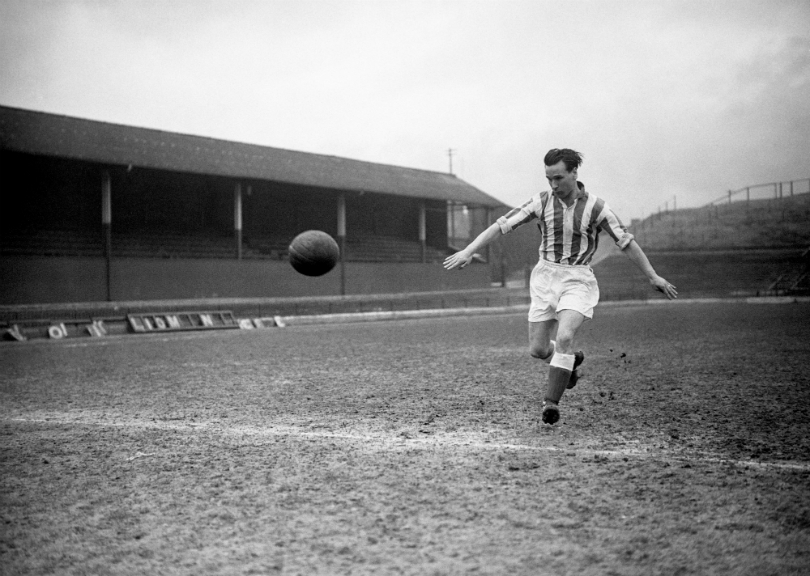
Denied a transfer by Stoke City, the polished central defender announced his unavailability for selection for England’s 1950 World Cup squad, informing both club and country that his wife was due to give birth in the summer and he would be flying to Colombia to play for Independiente Santa Fe in May.
Despite warnings that he would be jeopardising his career, Franklin – whose annual salary would be four times his Stoke wage, bullishly announced: “We'll live finer than any footballers in the world."
Colombia had been expelled by FIFA for poaching players from around the world and the "rebel" players were also banned by FIFA. So when Franklin’s dream turned sour after just six games (his wife couldn’t settle), he returned to Stoke, hopeful of picking up where he’d left off just three months before.
The Potters soon offloaded him to Hull City, where, due to injuries, he never matched his imperious form for Stoke.
7. John Obi Mikel (Lyn)
Following Manchester United’s claim in April 2005 that they had struck a £4m agreement with Norwegian club Lyn to take the Nigerian midfielder to Old Trafford, there was a year-long tug of war between United and Chelsea. The Blues had issued a counter-claim suggesting that they already had an agreement with Mikel and his agents. It turned out that Mikel had agreed to the United move without any form of representation, with Lyn sending them a brusque email informing them that their services were no longer required.
On the eve of a Norwegian Cup match, Mikel disappeared, sparking huge media coverage and a police enquiry after Lyn director Morgan Andersen made claims in the Norwegian media that Mikel had been kidnapped. In fact, Mikel had been grabbing some much-needed head space in London (with an agent) and following more tedious negotiations, reluctantly played another season in Norway before joining Chelsea in the 2006 close season.
8. Dimitri Payet (West Ham)
The diminutive forward never wanted to leave Marseilles in the summer of 2015, and, as it turned out, had no intention of seeing out his new five-and-a-half-year, £125,000 per-week deal which he penned with West Ham in January 2016. Following his fine showing in the 2016 European Championship for France, his form for West Ham was patchy. On January 2017, he announced that he no longer wished to play for the Hammers, and holed himself back up in Marseilles.
West Ham’s security guards kept a watchful eye over the mural which had been constructed in his honour after he had been named the club's 2015-16 Player of the Year, although manager Slaven Bilic claimed he’d make Payet play for the reserves, the West Ham board had no option but to offload the troublesome forward. Surprise surprise, he headed back to the newly moneyed up Olympique Marseilles, for a £25m fee.
9. Jorge Cadete (Celtic)
In tandem with fellow Celtic forwards Pierre van Hooijdonk and Paolo Di Canio (they were nicknamed 'The Three Amigos'), Portugal star Jorge Cadete's star shone brightly at Celtic Park after he joined them in 1996.
Cadete netted an impressive 33 goals in 44 appearances in the 1996-1997 season, as Celtic finished runners-up to Rangers, although there were always mutterings about the temperamental Cadete’s future in Scotland.
During the close season, he handed in a transfer request and announced that he wouldn’t be returning to Glasgow, citing his wife’s homesickness as the reason. Despite threatening to sue him, Celtic offloaded Cadete to Celta Vigo later that summer, where he failed to reproduce the form which all too briefly illuminated Parkhead.
Jon Spurling is a history and politics teacher in his day job, but has written articles and interviewed footballers for numerous publications at home and abroad over the last 25 years. He is a long-time contributor to FourFourTwo and has authored seven books, including the best-selling Highbury: The Story of Arsenal in N5, and Get It On: How The '70s Rocked Football was published in March 2022.
